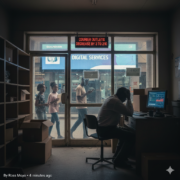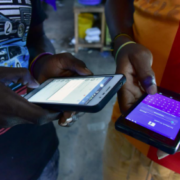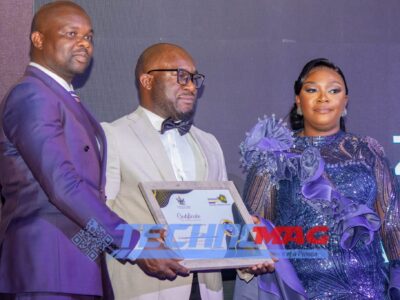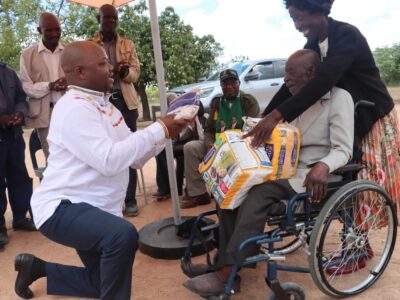It’s the festive season and a dull one makes it dreary. It’s a season known for being colorfully jazzy. That’s the tradition.
At night, First Street has its own brash of colours. Africa Unity Square is ablaze with bright colors too.Last Friday, hundreds of people thronged Westgate Shopping Centre to get entertained by Zimbabwe’s top musicians but most importantly to view the Christmas lights. Their own festive version.
By Kudakwashe Pembere
I could have gone there but then in fear of the traffic congestion and loss of gadgets to magnetic hands, I decided to hang around the CBD.
I had a date with Joina City, the building. Call it objectophilia (love for buildings and other objects) or whatever, this lust for this building all started last Thursday when some lights illuminating the sky nonverbally called at me, loud.
Like a fish following a bait, I tracked the origin of the light. Alas it was Joina City. Joina City is a high rise building in the Harare Central Business District which is a landmark in the city.
Traditionally Joina City decorates its footbridge with dazzling LED lights at night. But since it’s the festive season, the bar had to be raised. Joina dons a psychedelic jacket.
That’s not all, the main attraction to this Building is the crown adorned at the apex. At the crown, are searchlights hovering and illuminating the sky.
A searchlight (also known as the spotlight) is an apparatus that combines an extremely luminous source (traditionally a carbon arc lamp) with a mirrored parabolic reflector to project a powerful beam of light of approximately parallel rays in a particular direction, usually constructed so that it can be swiveled about.
By 1907 the value of searchlights had become widely recognized. One recent use was to assist attacks by torpedo boats by dazzling gun crews on the ships being attacked. Other uses included detecting enemy ships at greater distances, as signaling devices, and to assist landing parties. Searchlights were also used by battleships and other capital vessels to locate attacking torpedo boats and were installed on many coastal artillery batteries for aiding night combat. They saw use in the Russo-Japanese War from 1904–05. Searchlights were also used in the First and Second World Wars.
Aside from military, searchlights are used for ornamental purposes. Today, searchlights are used in advertising, fairs, festivals and other public events. Their use was once common for movie premieres; the waving searchlight beams can still be seen as a design element in the logo of the 20th Century Fox movie studio, the Fox television network, and their corporate parent 21st Century Fox. The world’s most powerful searchlight today beams from the top of the pyramid-shaped Luxor Hotel in Las Vegas.
People on Friday would gaze at in the sky praising Joina for the ingenious creativity.
“I didn’t know Joina City looked this beautiful at night,” said one passerby passenger.
When Zimdancehall sensation Freeman hogged the limelight with his hit song Joina City, he was criticized for the ignorance of mistaking the skyscraper as a night spot.
“Kumbonospenda single night newe (To spend a single night with you) was part of the lyrics in the song which labelled him backward in some sections of the society.
It turns out the singer deserves some slack for the building is now suitable to do that only from the outside marvelling at the bright spotlights.
Joina City which is located on the heart of Harare’s Central Business District is the country’s most revered shopping mall. Located at corner Jason Moyo and Julius Nyerere streets, Joina City is one of the many spectacular sights of the “Sunshine City”. The shopping mall houses 72 compartments altogether. Joina is the second tallest building in Zimbabwe after the Reserve Bank of Zimbabwe.
The birth of the building is attributed to the imaginative work of a Zimbabwean businessman Shingai Mutasa.
Construction of the multi-storey complex started in 1998 at an estimated cost of US$27 million but suffered serious bottlenecks due to rapid increases in the cost of building materials some which had to be imported at a time the local currency was on perennial slide against major currency.
It was completed in 2010 during the inclusive government when the dust settled. The building project was funded by a number of foreign businesspeople including a Saudi Prince who is believed to have pumped USD$1 million into the project.












Comments